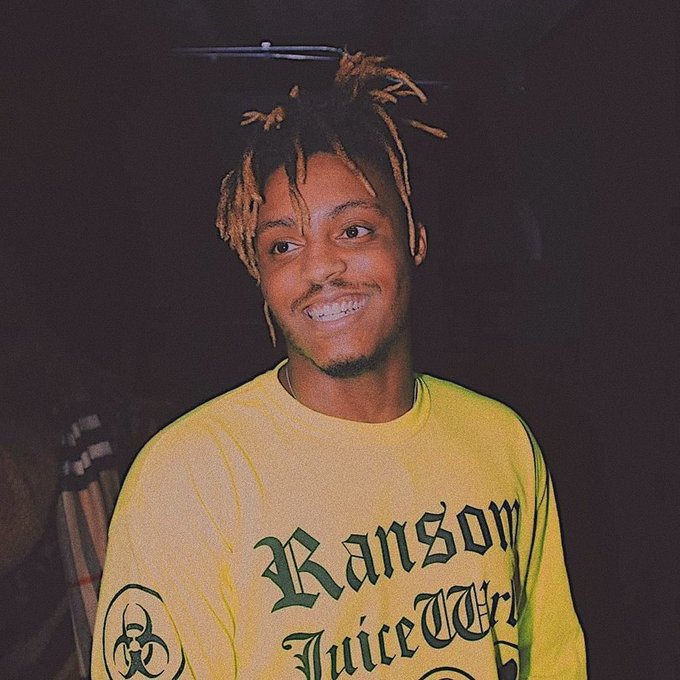Fond memories, familial preferences for certain genres and artists’ music or some artists’ untimely and sudden deaths are all reasons why people want posthumous music releases. Whether that is AI generation of voice recreation to fill in gaps in unfinished songs or completed songs later being released to the public, it is a taboo topic that is both respectful of deceased artists and musicians, yet still feels wrong in a way.
The posthumous release of artists’ songs, while it is motivated by a desire to honor their legacy, has sparked ethical debates within the music industry. These practices involve unveiling previously unreleased material after an artist’s death, which holds the potential to exploit creative output for profit. The music industry is valued at close to $26.2 billion. Critics argue such releases may compromise an artist’s intended vision, as they cannot provide consent or guidance, something the music industry has a strong emphasis on at the current moment with the contentious copyright law debate. Additionally, the motivations of record labels and next-of-kin to capitalize on a deceased artist’s work can overshadow artistic integrity. Simply put, it’s a question of not only right or wrong, but it is something where the artist in question doesn’t get the final say. To be fair, songs are not people and cannot allow the power of attorney to anyone; it should only be the song’s creator who can allow them to be released or not. While fans may appreciate new music, the moral dilemmas surrounding the release of songs posthumously raise concerns about respecting an artist’s autonomy and artistic intentions beyond the grave.
The ethical barriers surrounding posthumous song releases are also incredibly intricate. Releasing an artist’s music after their death can be seen as a tribute to their legacy, but it also raises concern about whether their creative intent is being preserved or exploited. As an example, The Beatles split up in the mid-1970s. However, it has just been announced that a song titled “Now and Then” was recorded on a tape by John Lennon, given to Paul McCartney and will be released on Nov. 2. While fans of The Beatles are excited about the new release, the use of AI and sound studios to make this final installment in The Beatles’s legacy is somewhat controversial. It is Lennon’s child, and to any keen person, the release raises questions of consent and artistic control, since Lennon cannot be consulted or provide input.
Moreover, these releases often serve financial interests, potentially overshadowing the artistry. With such a cult following behind The Beatles, also known as Beatlemania, the release of this new song is sure to bring in substantial revenue the group hasn’t seen since their heyday.
While posthumous releases may bring joy to fans, they remind us of the complex moral terrain that involves respecting an artist’s vision and legacy. Another example of this recently heightened phenomenon is what many fans of the late artist, Juice WRLD, are experiencing after his untimely death. New Juice WRLD content is being released on Dec. 16 to HBO Max in the form of a documentary that focuses on his legacy and impact on rap and hip-hop to give fans one last goodbye. But a question outstanding from the decision to release some of his songs is the looming one of: “Is this what he would have wanted?” Artists perform and craft music as a means of relaying their art to the world, but when they aren’t calling the shots, it is a moral gray area.
Some might argue and say that releasing music with the aid of AI or simply releasing songs that remained unreleased prior to an artist’s death is something that lacks taste. Further, some might simply say the means by which these songs are made, after the untimely deaths of singers and songwriters we love, is just unnecessary. Though you might not be able to immediately tell the differences between when a song might be recorded and whether or not it is recently released, the moral and ethical clouds that loom over them are sometimes too large to disregard.
Michael Duke, GSB ’26, is undecided from Scottsdale, Ariz.










































































































































































































